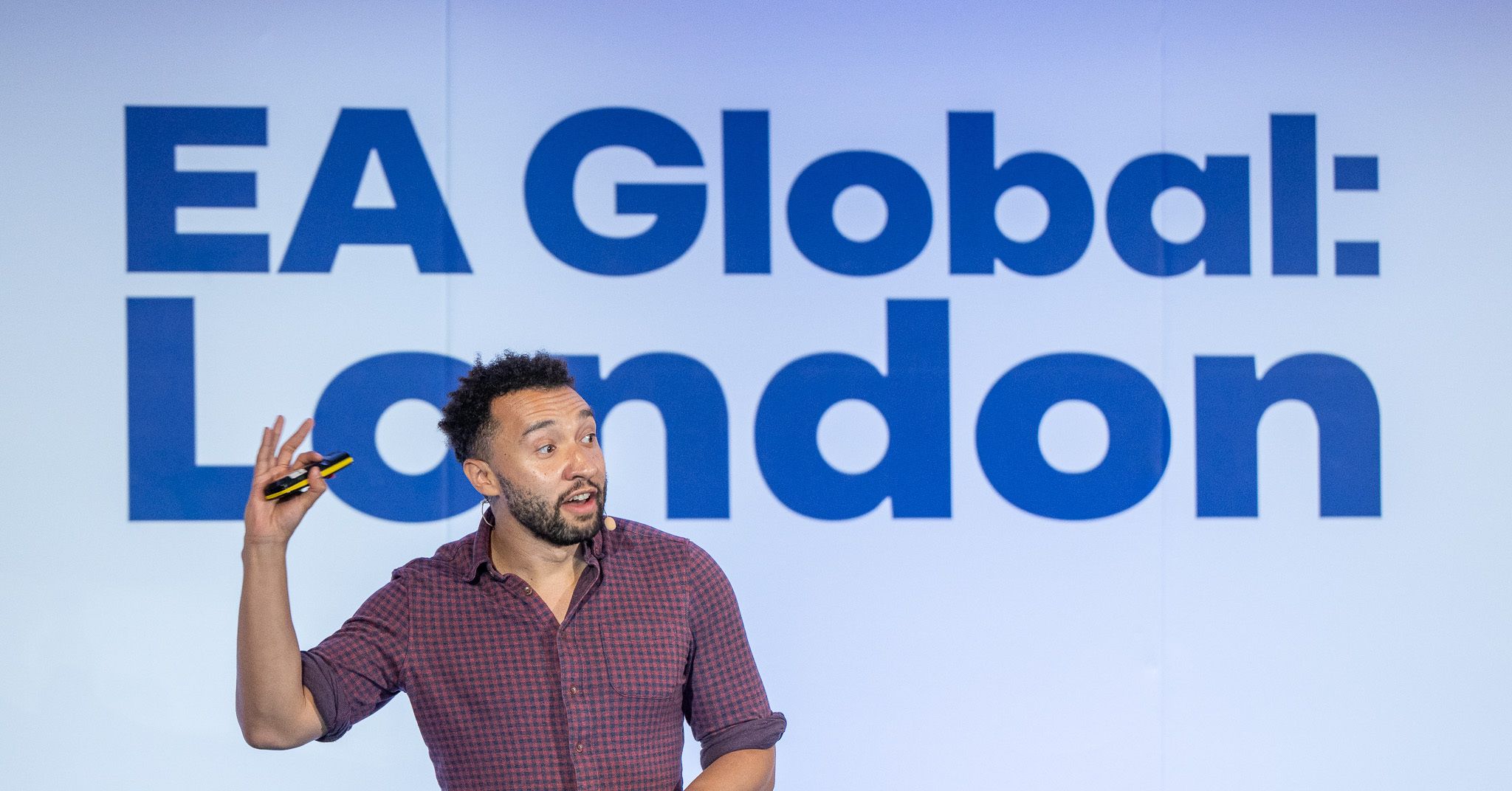Most situational things in my life – my relationship and social life, my living conditions, my finances, my work – are good to great. If I’d get a million dollars from some unknown dead uncle, I wouldn’t know what to do with it except give it away. There is nothing much out there that I can do to improve my personal wellbeing.
I know that increasing my wellbeing is a matter of doing things in here, in my head, to see things differently, be less plagued by thoughts, compare myself less to others etc.
I believe in mindfulness or meditation as a way to make things lighter, to solve at least part of people’s inner issues, to make them happier, maybe to reach other levels of existence. Most of all I believe that with increased calm, self-awareness and wellbeing comes an increased ability to help others, in a more sustainable and compassionate way. So I’m motivated, for both self-centered and altruistic reasons, to do the inner work. Yet, at age 50, I still seem to suck at meditation and am not getting anywhere.
I have tried apps like Headspace and Calm. I’m a lifelong member of Waking up. I’ve perused a lot of content (books, podcast, videos). There’s been several periods of many months where I tried to meditate daily for ten or fifteen minutes every day. But I never get beyond that because it’s often almost like torture, and to continue something this annoying, one needs to experience at least some benefit, and I don't. So after trying for a while, I give up again. Until I try again.
I hear of so many people – people of whom I didn’t even expect it at all - who did five or ten day silent retreats, and they come back with a great experience, while I just can’t even begin to imagine myself doing that, given that ten minutes are already so hard. Many others tell me what benefits their practice brings them and how they couldn’t do without.
I get frustrated when hearing people say that in the beginning it’s very difficult to follow your breath for a few minutes. I always think: a few minutes?? What about ten seconds? I remember doing the Headspace course of a twenty or thirty days or so and then hearing the guy say something about “your newfound calm”, and having not found anything new uninstalled the app in frustration and disgust.
When I listen to a Sam Harris guided meditation (I know he does nondual while others are conventional) and he tells me to look at the thinker, I almost go nuts with – I don’t know what, some kind of extreme discomfort that I can’t push through. So I use his app to try to listen, with focus and concentration, to the interviews and the talks instead.
I’ve wondered if I should just take the plunge and try vipassana retreat, but is that realistic when you know you can’t do ten minutes? Are there people from whom meditation just doesn’t work?
I think I have more in common with this community than with any other, so I’m interesting in hearing people’s experiences, particularly those who felt like me at some point and found something that helped.
I keep believing that the truth is in there.
Thanks.



thank you. seeing meditation as not just sitting meditation is something that resonates. i do have moments when i may be doing whatever and when i try to be more present and check myself and relax. that seems to do something, at least.
I have actually done a few mediations in plum village. i loved the atmosphere there, but the meditation sessions were as tortuous as elsewhere :) Still, I have at times considered spending a couple of weeks there to see if that would have more effect.
thanks for the offer to chat. right now i'm in a giving up-mood (re. meditation) but when i come out of that again and want to give it another shot (as always happens) I may take you up on that. i appreciate it.